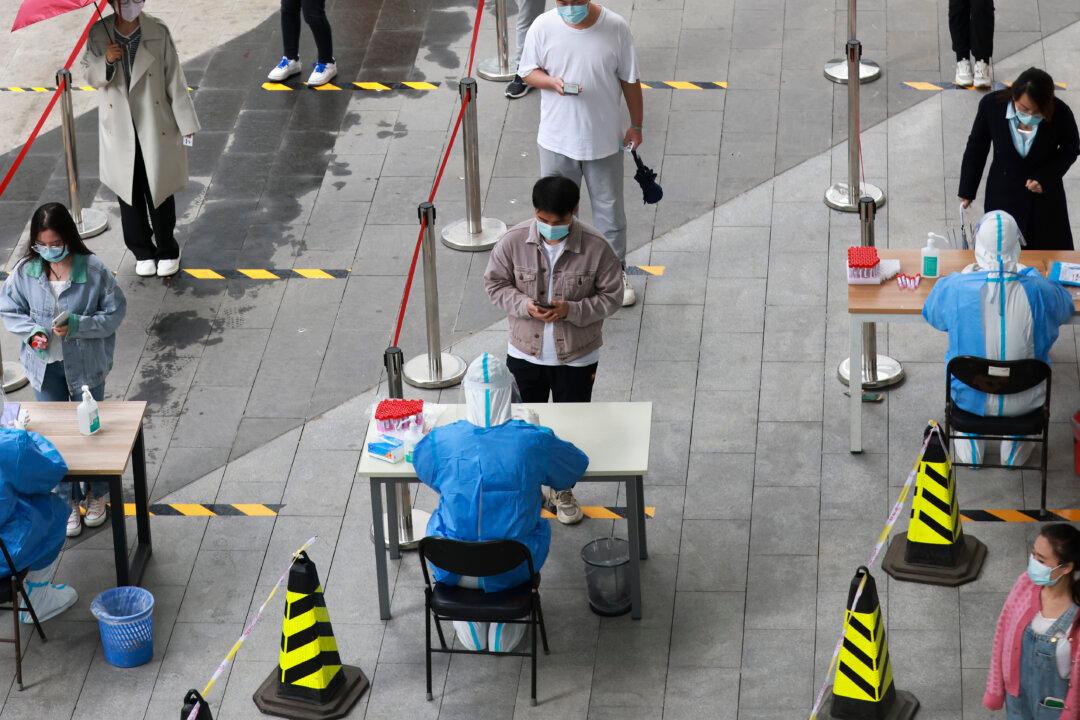Omicron cases have been breaking out in cities across China, including the capital Beijing, leading to residents fearing they will have to undergo a draconian zero-COVID lockdown as seen in Shanghai.
Local authorities have tightened anti-COVID restrictions over Beijing, the capital cities of Zhejiang Province and Shandong Province, and Yiwu city, a critical commodities hub.





